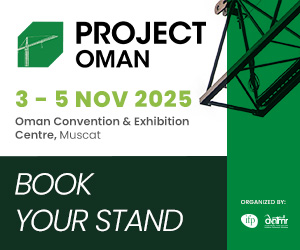At a building site in Damascus, trucks and bulldozers zigzag back and forth ferrying sand and stones for a luxury development of residential high-rises and shopping centers. The area was up until recently a working-class neighborhood of informal settlements and irregular housing running through orchards and farmland one that early on in Syria’s conflict was a hub for protests against the government.
Over the past year, thousands of residents have been evicted and their property razed to make way for the multimillion-dollar project that promises to be the new commercial center for the capital.
Marota City, as Syria’s largest investment project is known, is seen as setting the blueprint for how the government will undertake the ambitious rebuilding of areas devastated in the nearly 8-year-old civil war.
The government is using controversial new property laws to create zones where partnerships of the government and businessmen take ownership of neighborhoods and redevelop them. Officials say the projects aim at replanning slums and destroyed areas and attracting private investors to join the massively expensive task of reconstruction.
The Marota project lies at the heart of Syria’s tangled web of politics and rebuilding. Having recaptured the country’s key cities from the opposition, the government says it is now time to focus on rebuilding. But Western countries, including the United States, say they will not commit any funds to reconstruction without real progress on a political settlement.
The plan for upscale apartments and glossy malls in Damascus can seem particularly jarring with the enormous destruction in former rebel-held areas just a few kilometers away and in the rest of the country, where entire city blocks lie crumped, in scenes reminiscent of World War II.
Marota is being built over a southwestern neighborhood called Basateen al-Razi that grew up on farmlands over the past decades as poorer Syrians moved in from the countryside and built unlicensed housing.
The Daily Star
06/11/2018










































































